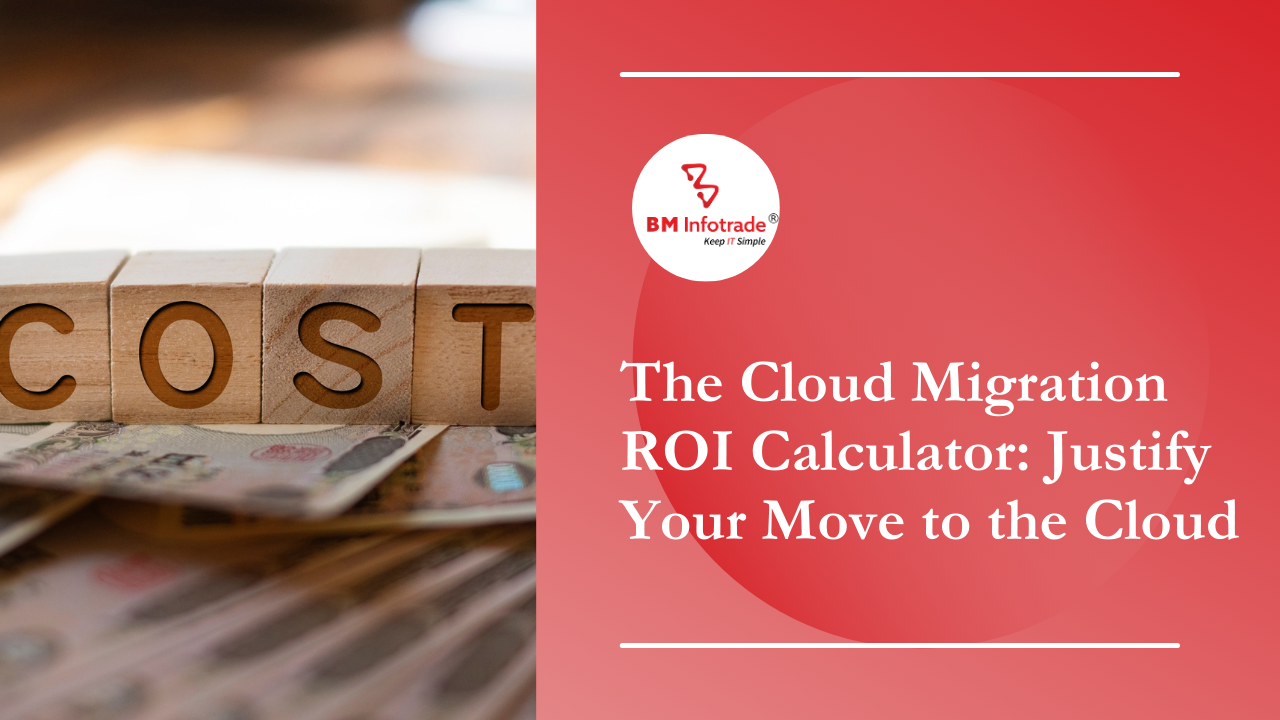Difference Between AI and Data Science: Understanding the Core Distinctions
Artificial Intelligence (AI) refers to the duplication of human intelligence in machines which can think, learn and solve problems. AI systems are intended to tackle tasks that generally require human intelligence such as visual perception, speech recognition, decision-making and language translation.

Difference Between AI and Data Science: Understanding the Core Distinctions
Table of Contents
In today’s technologically driven world, terms like Artificial Intelligence (AI) and Data Science are frequently used interchangeably, yet they represent separate domains with unique usages. In order to understand the distinction between AI and Data Science, it is essential for anyone interested in technology careers or wanting to exploit these technologies for business benefits. This blog will explore the fundamental variances, applications, and future prospects of these two powerful realms.
What does Artificial Intelligence (AI) mean?
Artificial Intelligence (AI) refers to the duplication of human intelligence in machines which can think, learn and solve problems. AI systems are intended to tackle tasks that generally require human intelligence such as visual perception, speech recognition, decision-making and language translation.
Essential constituents of AI:
- Machine Learning (ML): A branch of AI that works on building systems that improve performance over time by learning from data without being explicitly programmed.
- Natural Language Processing (NLP): Facilitates communication between humans and computers.
- Computer Vision: Is a field that deals with computers’ abilities to interpret visuals.
What is Data Science?
On contrast, Data Science is a multidisciplinary field where knowledge is extracted from data. It uses statistical analysis, machine learning models; data mining processes as well as big data tools to examine big volume information and identify patterns.
Key Components of Data Science:
-
Data Mining: The process of unearthing relationships as well as hidden patterns in large datasets.
-
Data Analysis: Applying skills in examining data for useful insights
-
Big Data Technologies: Software frameworks used for managing huge amount of data
Read More:- Data Science vs Data Analytics: Differences and Synergies
Difference Between AI and Data Science
However closely related they might be but serve different purposes based on different concepts behind them.
Purpose:
-
AI: AI main aim is creation of autonomous decision-making systems resembling human intelligence attributes themselves being smart enough.
-
Data Science: The objective of this field is to extract insights from relevant information resulting into informed strategies or decisions.
Data Usage:
-
AI: Learning and improving from data are part of AI, however their major focus is on autonomous task performance.
-
Data Science: This science deals with data analysis for example through the use of various statistical and computation methods to draw substantial information.
Techniques:
-
AI: Some of the techniques that define AI include neural networks, deep learning, and reinforcement learning.
-
Data Science: Use of statistical modeling, data mining or visualization among others.
Outcome:
-
AI: Usually, an outcome here may be a system or application that can independently perform specific tasks such as chatbots, recommendation systems or self-driving cars.
-
Data Science: An outcome will often manifest in the form of insights, predictions or models which influence business strategies or scientific investigations.
How AI and Data Science Work Together

However different they may seem, AI and Data Science complement each other most times. For instance, Data Science provides the required data and insights to enable AI systems learn as well as make decisions. Conversely, AI can be utilized to automate as well as improve data science processes such as automating analysis of huge datasets or predicting based on data itself.
Examples of AI and Data Science Collaboration:
-
Healthcare: Predicting disease outbreaks by analyzing patient data using AI algorithms while refining these models for increased accuracy by Data scientists.
-
Finance: Market trends prediction models built by Data scientists coupled with automated trading systems that run based on those predictions.
AI and Data Science Career Paths
The job opportunities grow in line with the demand for expertise in AI and Data Science. These two areas have their own careers paths that are lucrative and fulfilling but require different skills.
AI Careers:
-
AI Designers
-
Machine Learning Engineers
-
AI Research Scientists
Data Science Careers:
-
Data Scientists
-
Data Analyzers
-
Business Intelligence Analysts.
Future of AI and Data Science
There will be convergence between AI and data science depending on how one develops, a situation where the advancement in one results to progress in the other. The Difference Between AI and Data Science may become even less distinct as technology progresses, but both fields still play unique roles across various industries that foster innovation.
Emerging Trends:
-
Explainable AI: Enhancing transparency in AI models.
-
Automated Machine Learning (AutoML): Simplifying application of machine learning in real-life situations.
-
Big Data and AI Integration: Merging big data technologies with those used for developing artificial intelligence systems.
Read More:- How AI is Transforming Data Analytics for Better Decision-Making
Conclusion
For one to navigate through this present day information technology landscape, it is very vital that there should be an understanding of the difference between AI and data science. Both fields are critical to modern technology however they serve different purposes as well as use different approaches. If you intend to explore these domains either for career growth or business purposes, it is important to discern their meeting points and distinguishing features so that your decisions can be informed thereby enabling you stay ahead of others.







Anshul Goyal
Group BDM at B M Infotrade | 11+ years Experience | Business Consultancy | Providing solutions in Cyber Security, Data Analytics, Cloud Computing, Digitization, Data and AI | IT Sales Leader